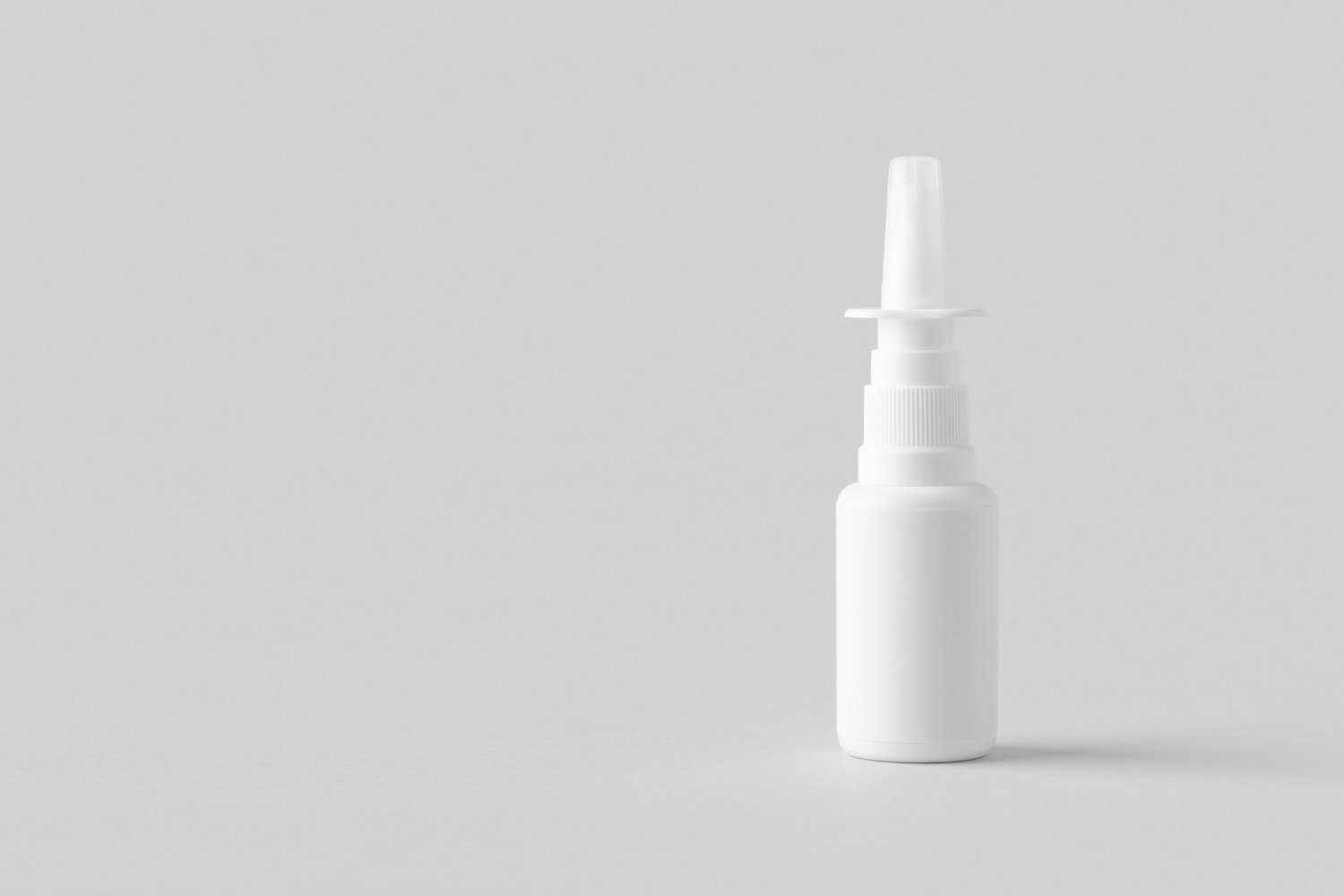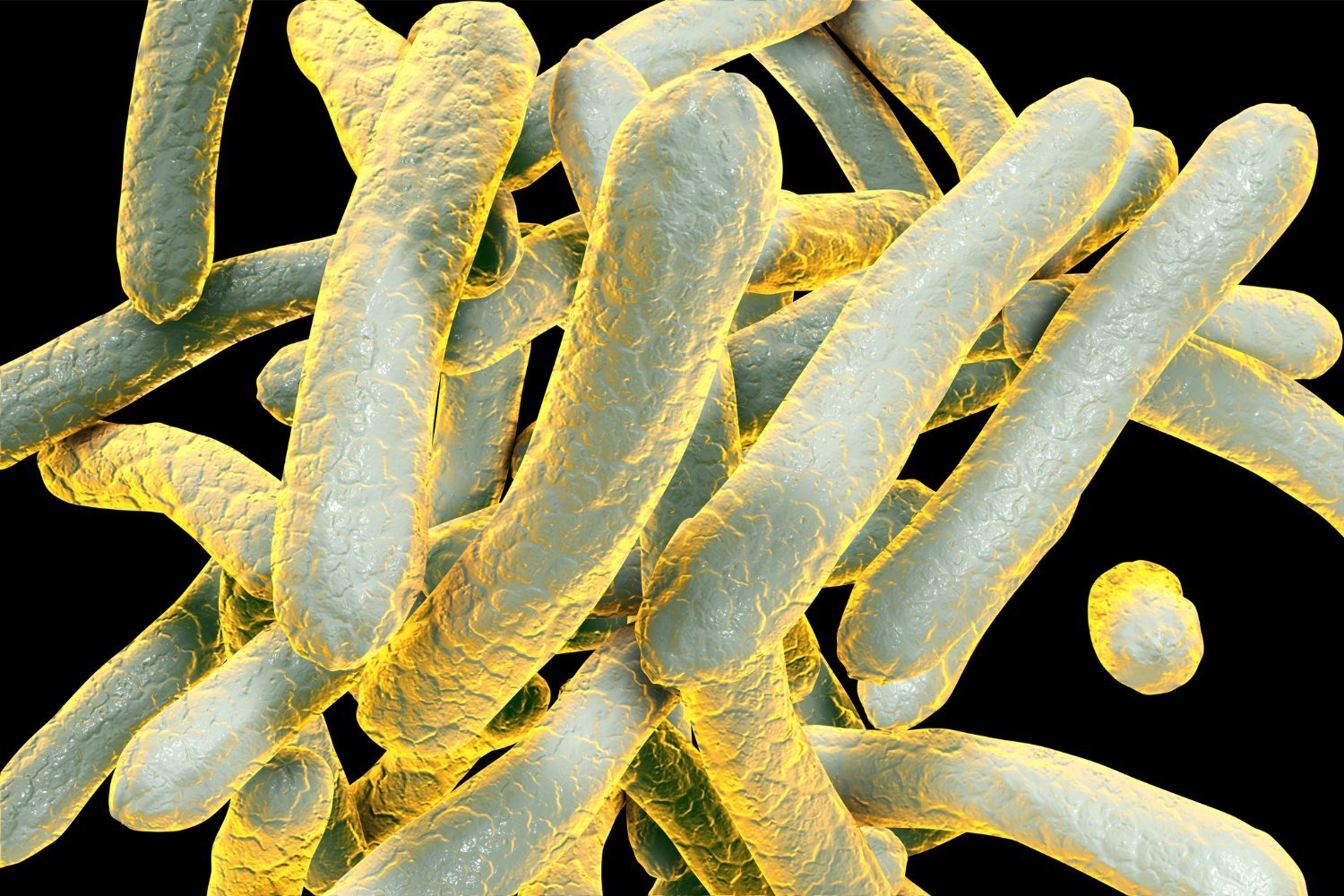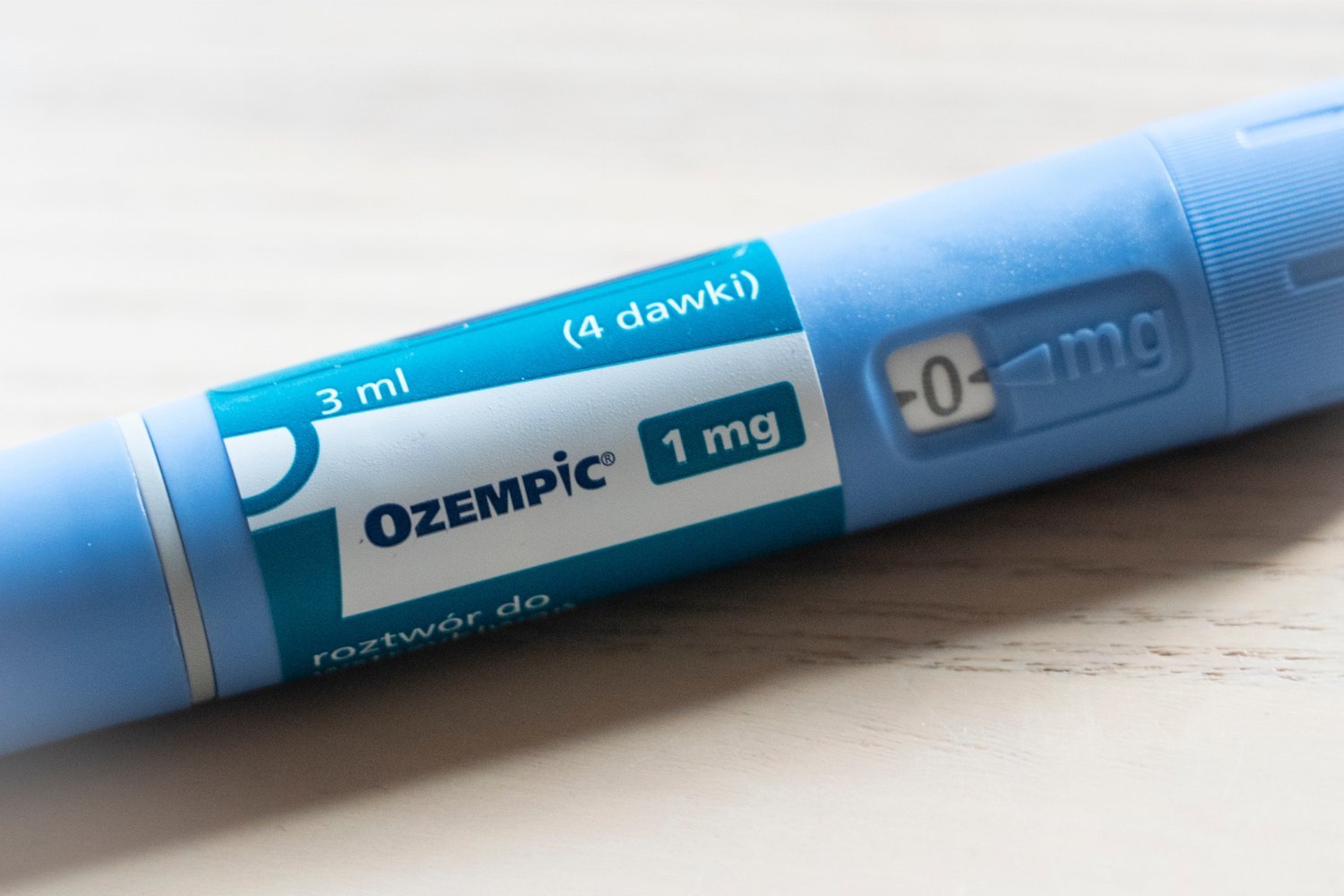The Food and Drug Administration (FDA) has approved Spravato (esketamine) nasal spray as a monotherapy for treatment-resistant depression (TRD) in adults. This marks a significant milestone, as Spravato was previously only approved as an adjunct therapy to oral antidepressants for TRD. This expanded approval offers new hope for individuals struggling with depression who haven’t found relief with other treatments.
Spravato, developed by Johnson & Johnson, received its initial FDA approval in 2019 as an add-on treatment for TRD. This groundbreaking decision stemmed from years of research demonstrating ketamine’s rapid-acting antidepressant effects. While ketamine is known recreationally for its dissociative properties, it has a long-standing history as a medical anesthetic. Prior to Spravato’s arrival, intravenous ketamine was increasingly used off-label for severe depression cases. However, Spravato utilizes esketamine, a chemical analog of ketamine, delivered via nasal spray.
Since its initial approval, Spravato and ketamine have continued to demonstrate their potential in treating depression. Studies have shown ketamine’s efficacy compared to other standard TRD treatments, including certain antipsychotics. The FDA’s recent expanded approval is based on the results of a post-market phase 4 trial comparing Spravato monotherapy to a placebo.
This double-blind, randomized, controlled trial involved individuals with TRD divided into three groups: two receiving different Spravato dosages twice weekly for four weeks, and a control group receiving a placebo nasal spray. The results showed a significant and sustained reduction in depressive symptoms for those receiving Spravato compared to the placebo group. Only 7.6% of the placebo group experienced remission, compared to 22.5% of the Spravato group. Moreover, the drug’s safety profile remained consistent with previous trials.
According to Bill Martin, Global Therapeutic Area Head of Neuroscience at J&J’s innovative medicine department, “Treatment-resistant depression can be very complicated, especially for patients who do not respond to oral antidepressants or cannot tolerate them. Spravato is now available as a standalone treatment, meaning patients may experience improvements in depressive symptoms as early as 24 hours and at 28 days—without the need for daily oral antidepressants.”
While promising, ketamine carries potential risks. Common side effects when used for depression include sedation, dissociation, and respiratory depression. These risks, along with the potential for dependence, have led the FDA to implement a Risk Evaluation and Mitigation Strategy (REMS) program for Spravato. Patients can only receive Spravato at certified clinics or medical offices under direct medical supervision.
Despite these precautions, Spravato’s approval as a standalone therapy expands access for individuals with TRD. One reason for the excitement surrounding ketamine is its unique mechanism of action. Unlike other antidepressants, ketamine targets different brain receptors, potentially offering relief to those who haven’t responded to traditional treatments. Furthermore, this discovery paves the way for the development of new drugs with similar mechanisms.
The hope is that future research will yield even safer ketamine-like medications, potentially transforming the landscape of depression treatment and offering more effective and accessible options for all those affected.











